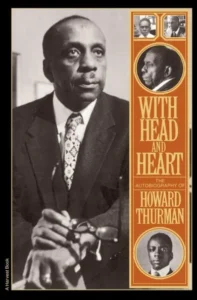 Summary: Fascinating autobiography of a pathbreaking and important man.
Summary: Fascinating autobiography of a pathbreaking and important man.
Like many do, I learned about Howard Thurman through hearing about him in relation to Martin Luther King (Jr and Sr). He was a classmate with MLK Sr at Morehouse College. Then, during Thurman’s first year as Dean of the Boston College Chapel, Thurman overlapped with MLK Jr. as he finished his Ph.D. It is said that MLK Jr carried a copy of Jesus and the Disinherited with him during his Civil Rights years. Their relationship is probably not as formative to King as I had thought earlier, but there are many letters between them.
Regardless of his relationship with King, Howard Thurman is a path-breaking man. His father died young, and as the story at the beginning of the book says, “I said, ‘One thing is sure. When I grow up and become a man, I will never have anything to do with the church.'” His father died when he was seven, and because his father was not a member of the church, the pastor initially refused to allow a funeral at the church. After being pressured to permit the burial, the pastor refused to participate. A traveling evangelist agreed to do the funeral but turned it into a spectacle for evangelism instead of a memorial.
Despite the early negative relationship with the church, Thurman had an early mystical experience calling him to be a minister. Throughout his life, he was a mystic in orientation. I will not cover his whole career; you can read his Wikipedia page for a summary or the memoir for more details. After becoming a pastor, teaching, and serving as chaplain at Morehouse and Spelman, serving as a Dean at Howard University Chapel, and a faculty member, he left the academic world in 1944 to co-pastor an intentionally interracial church in San Francisco. It is one of the earliest intentionally interracial congregations, with Howard Thurman as co-pastor but the only paid pastor and primary lead for most of the time. After nine years, Thurman became the Dean of Boston College Chapel, the first Black man to have a similar position at a predominately White University. He remained there for 12 years until 1965, when he officially retired, and led the Howard Thurman Educational Trust until he died in 1981.
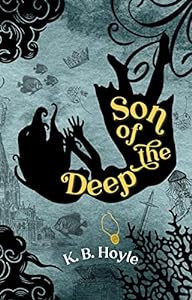

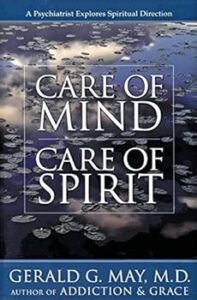





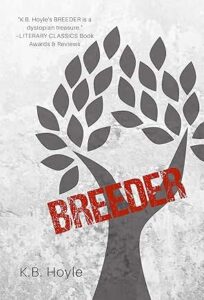
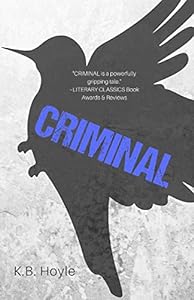 The setting is roughly 200 years after two different mass devastation events. There is a single world government that is trying to repopulate the earth after the majority of the population died in a massive famine, a wide-scale pandemic or a third event that I will not reveal. The main character at the start of the first book is one of the breeders, Seventeen (later Pria). Other characters are quickly introduced and many of them continue through the series.
The setting is roughly 200 years after two different mass devastation events. There is a single world government that is trying to repopulate the earth after the majority of the population died in a massive famine, a wide-scale pandemic or a third event that I will not reveal. The main character at the start of the first book is one of the breeders, Seventeen (later Pria). Other characters are quickly introduced and many of them continue through the series.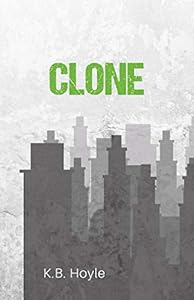 I am not going to give away plot details but a couple of notes. KB Hoyle has great plots. Hints are given, but I did not know where the story was going to end up as I was going along. I can also guess that a few people will be disappointed in how some of the first two books end, but remember, this is a single large story arc, keep reading.
I am not going to give away plot details but a couple of notes. KB Hoyle has great plots. Hints are given, but I did not know where the story was going to end up as I was going along. I can also guess that a few people will be disappointed in how some of the first two books end, but remember, this is a single large story arc, keep reading.